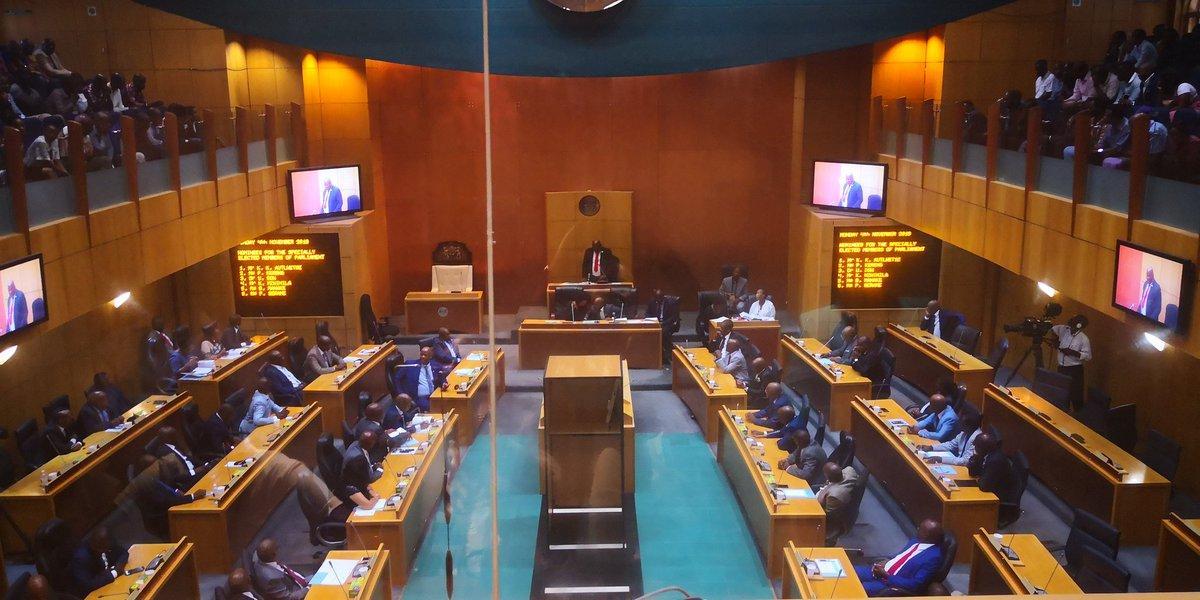Africa-Press – Botswana. The Registrar of the Industrial Court Mr Tefo Bogosi has pointed out that since the Industrial Court is a court of equity, it would be ideal if it had its own deputy sheriffs to enforce the court’s decisions and bring to finality some of its cases.
Mr Bogosi informed Parliament’s Public Accounts Committee that this was not possible under the current legal framework, as litigants engage deputy sheriffs at their own costs. Appearing before the committee yesterday, Mr Bogosi said having deputy sheriffs at Industrial Court would benefit litigants, especially those that cannot afford deputy sheriffs.
His remarks were in response to PAC members who raised concern that some of the Industrial Court decisions were of no effect as they lacked enforcement, especially among the poor. Kanye West Member of Parliament, Mr Victor Phologolo had requested Mr Bogosi to explain how his office assisted the poor successful litigants to bring their cases to finality.
“We do not charge any levy at our courts. We issue our clients with writs and they will have to reach out to the deputy sheriff for further services,” Mr Bogosi said.
However, he said the writs were insufficient as the majority of people who approached the Industrial Court could not afford the service of a deputy sheriff, hence it would be a welcome development to have such service offered by the government. Mr Bogosi said the Industrial Court faced a backlog of cases, with the longest case having been lodged with the court in 2014.
Noting various reasons such as manual filing and budget constraints as factors contributing to the case backlog, he observed that there was general improvement of backlog. PAC chairperson, Mr Taolo Lucas requested that he submit records of cases which have been registered with the Industrial Court for more than 24 months.
Mr Bogosi also informed the committee that the Industrial Court had offices in Gaborone, Francistown and Maun, and often conducted circuit-courts in places such as Ghanzi, Shakawe, Gumare, Selebi Phikwe, Letlhakane, Palapye and Tsabong. He disclosed that the most common matters that the court handled were unfair dismissals, unpaid wages and disputes over severance package.
Meanwhile, The Ombudsman Advocate Stephen Tiroyakgosi told PAC that the organisation’s powers were dictated by the law, and it executed its mandate according to the powers bestowed upon it by the law. He pointed out that the organ could not overstep its authority nor be influenced by another state organ.
He said offices of the Public Protector or Ombudsman differed from country to country, adding that they were not working under the same law as that of the South African Public Protector. He said currently, the Ombudsman outcomes were just recommendations without any forceful effect to ministries, adding that the Ombudsman cannot sue to enforce its recommendations.
For More News And Analysis About Botswana Follow Africa-Press






